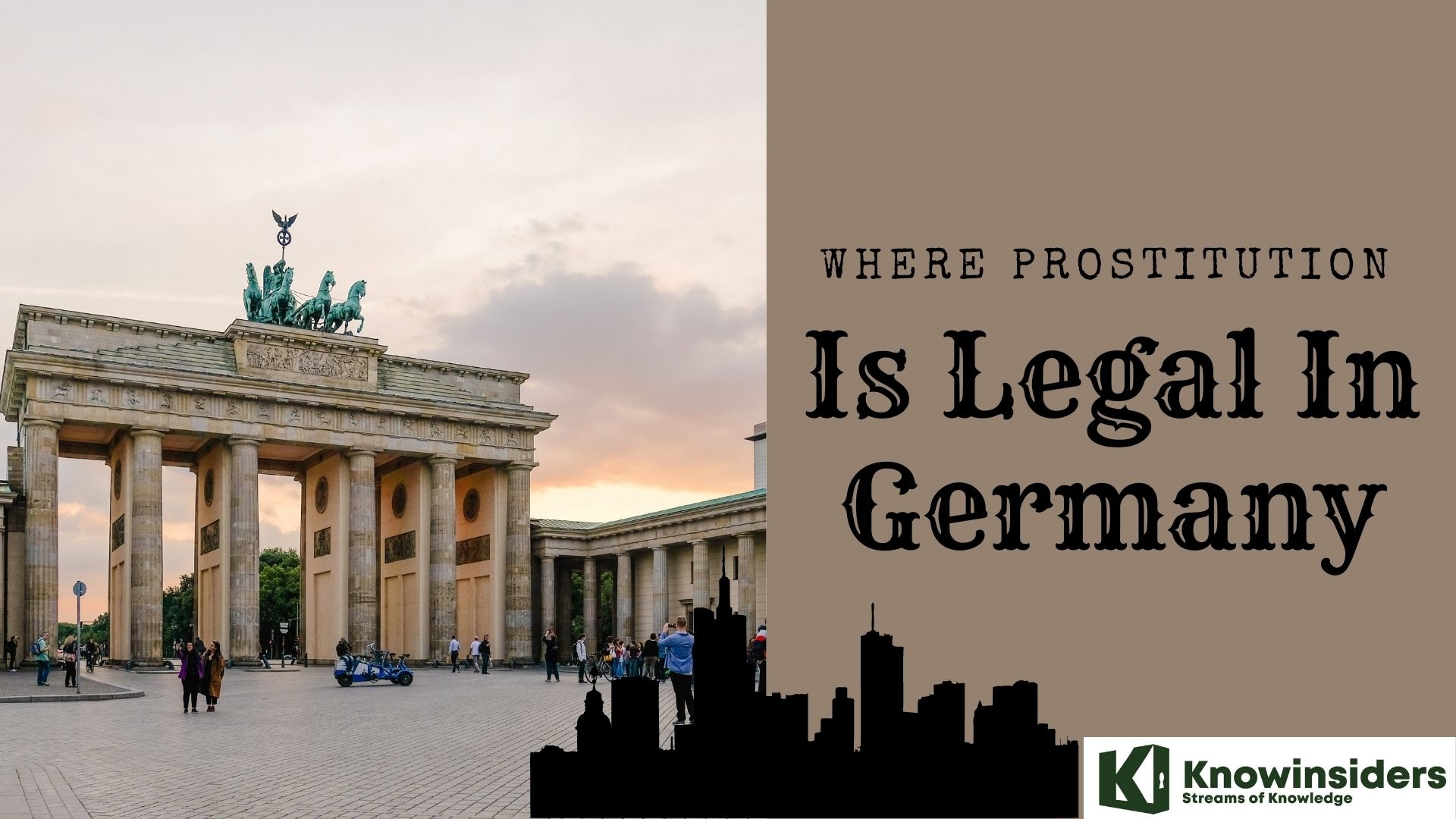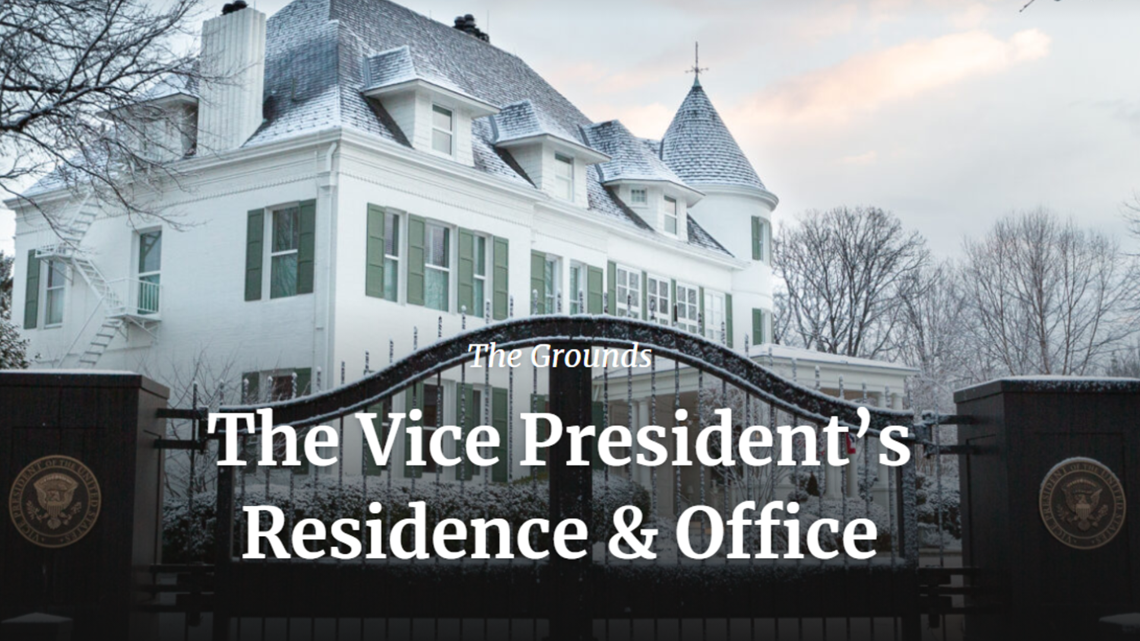Where Is FIFA Headquarters Located: Zurich or Paris and Why?
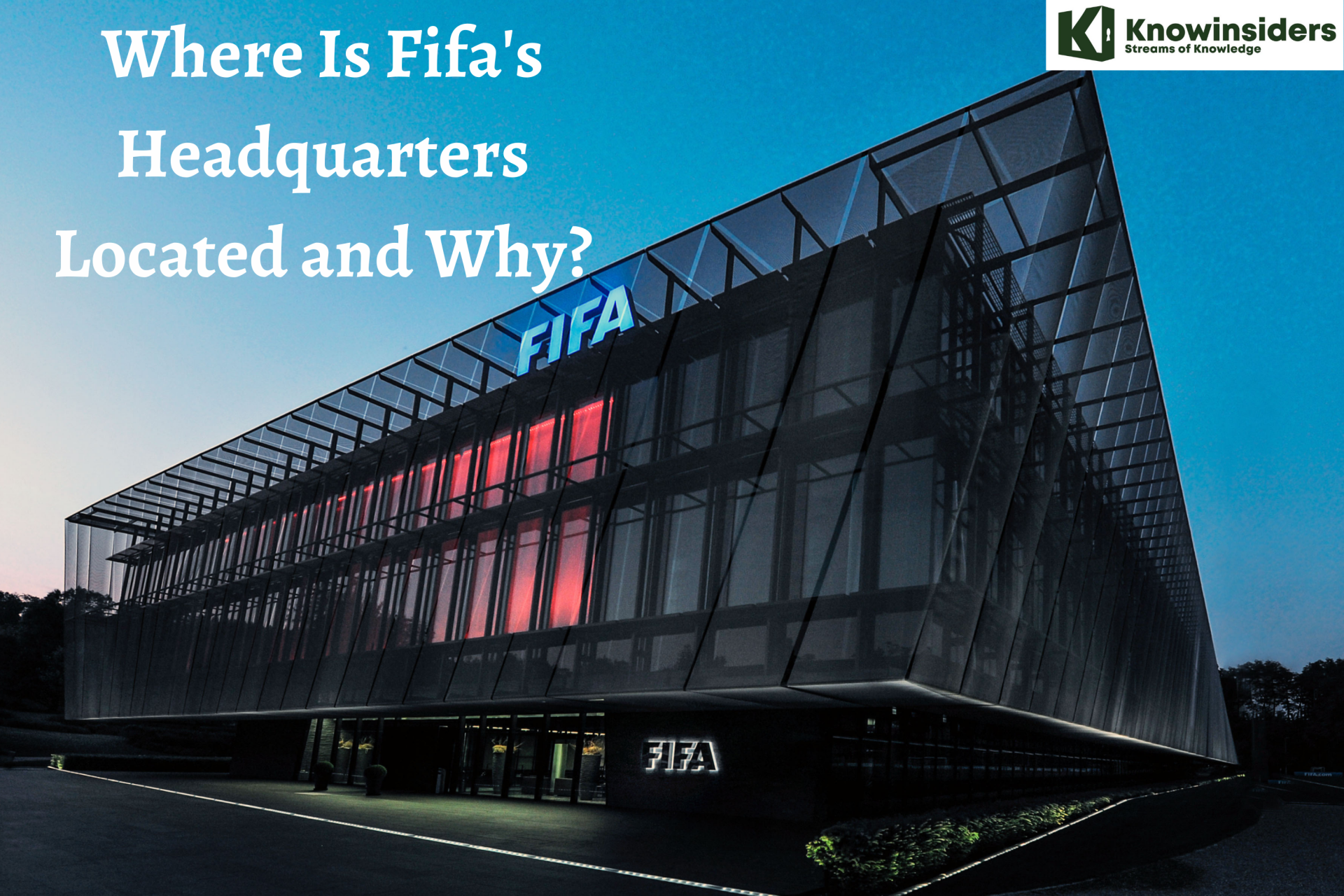 |
| Where Is Fifa's Headquarter Located and Why? |
FIFA or the Federation Internationale de Football Association is the highest governing body of football in the world. It is the international governing body of association football, futsal, and beach soccer. FIFA is a non-profit organisation.Founded in 1904, FIFA was launched to oversee international competition among the national associations of Belgium, Denmark, France, Germany, Netherlands, Spain, Sweden, and Switzerland. FIFA now comprises 211 member nations.
What is Fifa?
Fifa - Fédération Internationale de Football Association - is the governing body of international football, responsible for the organization of international tournaments, most notably the World Cup. The organization was founded in 1904 as the popularity of international fixtures increased.
In addition to the World Cup, Fifa organizes the football tournament at the Olympic Games, Confederations Cup, Women's World Cup, and the Fifa Club World Cup. Fifa is also responsible for disciplining national associations, with the power to suspend countries from international competition. Whilst it does not control the rules of the game, its overall goal is the "constant improvement of football".
History of Fifa
The need for a single body to oversee the worldwide game became apparent at the beginning of the twentieth century with the increasing popularity of games between national teams. The English-oriented Football Association had chaired many discussions on setting up an international body but was perceived as making no progress. It fell to seven European countries to band together to form this association. FIFA was founded in Paris on May 21, 1904—the French name and acronym persist to this day, even outside French-speaking countries. It is the oldest and largest organization of its kind. Robert Guérin was its first president.
FIFA presided over its first international competition in 1906, but this was met with little approval or success. This, in combination with economic factors, led to the swift replacement of Guérin with Daniel Burley Woolfall from England, which had become a member association. The next tournament staged was the football competition for the 1908 Olympics in London. It was more successful despite the presence of professional footballers, contrary to the founding principles of FIFA.
Membership of FIFA expanded beyond Europe with the application of South Africa in 1909, Argentina and Chile in 1912, and the United States in 1913.
In 1921 Jules Rimet became the third and most influential president of FIFA. In his 33–year–presidency, FIFA established the World Cup, inaugurated in 1930 in Uruguay. FIFA had helped organize the 1924 and 1928 Olympic soccer events but felt the need for its own event, and thus the World Cup was established. It has grown to become the biggest single sporting event in the world.
FIFA, however, floundered during World War I. Many players were sent off to war and the possibility of travel for international players was severely limited. Post-war, following the death of Woolfall, the organization fell into the hands of Dutchman Carl Hirschmann. It was saved from extinction but at the cost of the withdrawal of the football associations from the Home Nations (England, Scotland, Wales, and Northern Ireland), who cited an unwillingness to participate in international competitions with their recent World War enemies.
FIFA suspended the World Cup through World War II and reintroduced it in 1950 in Brazil. The Home Nations rejoined FIFA in 1946 and by 1954 FIFA had expanded to 85 member-nations.
In 1958, the International Board agreed on its current voting system to allow changes to the game, with four FIFA representatives joining one representative from each of the Home Nations.
Television transmission of the 1966 World Cup contributed to FIFA's expansion. Under the stewardship of the current president, Joseph S. Blatter, FIFA has grown to 204 member associations.
The FIFA historical collection is held by the National Football Museum in England.
FIFA Headquarters
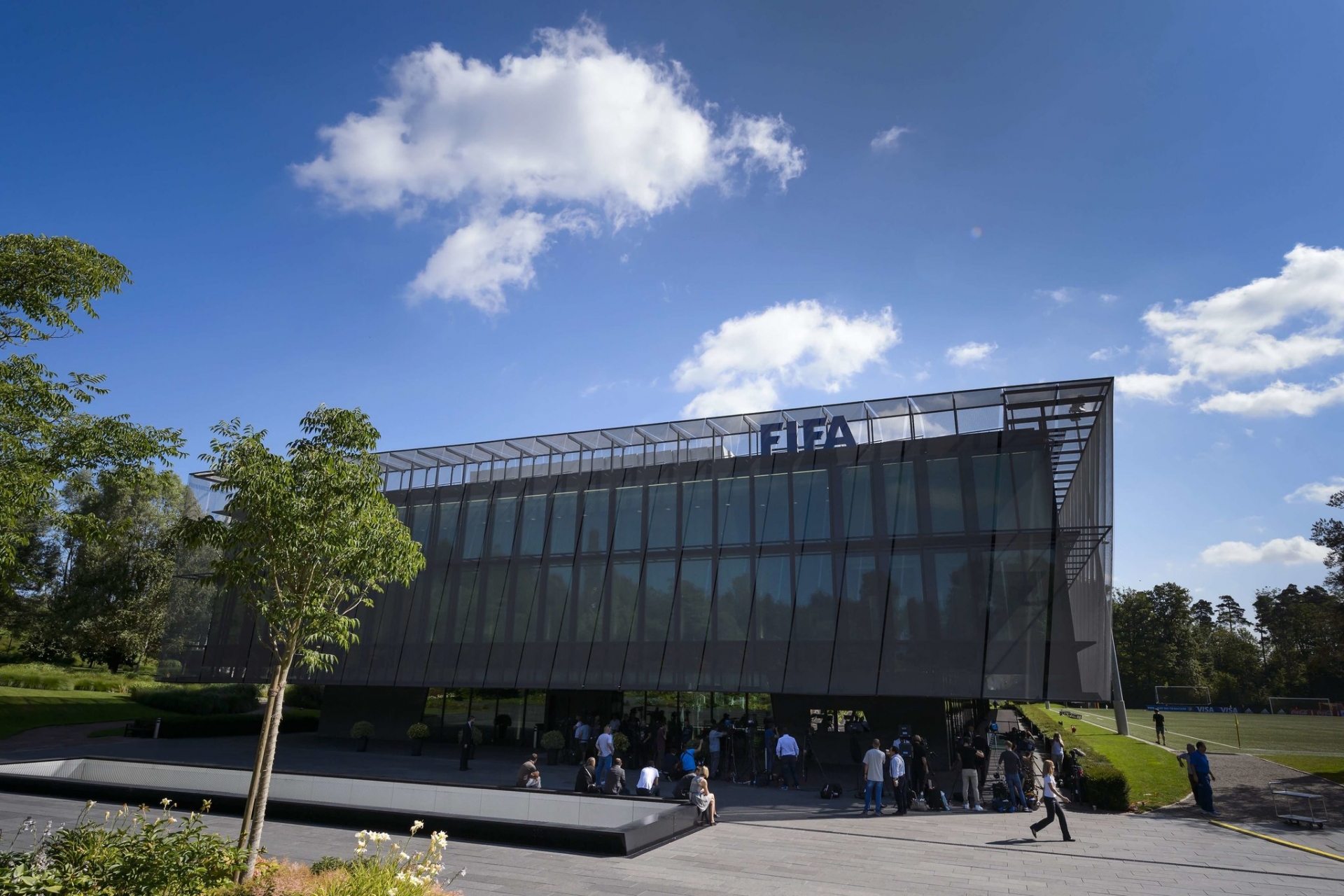 |
| Photo: nytimes |
The headquarters of FIFA (German: FIFA-Hauptquartier) is a distinctive complex in Zürich. The complex has served as the official headquarters of FIFA since its completion in 2006. It is located on the Zürichberg, a wooded hill in District 7. As well as offices, the complex includes a fitness center, a meditation room, geographically themed parks, and a full-size international football pitch.
The main building has only two upper levels, but five underground levels, resulting in two-thirds of the headquarters lying underground. "Places where people make decisions should only contain indirect light," said Sepp Blatter, "because the light should come from the people themselves who are assembled there."
Where is Zurich, Switzerland?The headquarters of FIFA is a distinctive complex in Zürich. The complex has served as the official headquarters of FIFA since its completion in 2006. It is located on the Zürichberg, a wooded hill in District 7. As well as offices, the complex includes a fitness center, a meditation room, geographically themed parks, and a full-size international football pitch. Zurich, the largest city in Switzerland and the capital of the canton of Zurich. with a population of 434,335 As of January 2020. Zurich is located in the north of Switzerland. It is at the northern end of Lake Zürich and is surrounded by hills. Its financial, cultural, and industrial center of Switzerland. It has a unique mix of well-preserved Old Town and hectic modern life having a magnificent view of the snowy Swiss Alps. Zurich, according to recent studies, is considered as the highest standard of living in the world. |
Who owns Fifa?
There is no one 'owner' of Fifa, but its president is Sepp Blatter. The association is governed by Swiss law and is made up of 209 national football associations.
Who votes for the Fifa president?
Fifa elects or re-elects a president every fours year, in the year after the World Cup. Each member association has one vote, meaning a total of 209. To win the election, a candidate must receive 105. Blatter stood unopposed in 2011. He is up for re-election for a fifth term this Friday in which he faces one challenger, Prince Ali Bin Al Hussein. In order to stand, Fifa rules dictate that the candidate must have played an active role in association football for two of the five years preceding his or her proposed candidature, plus have declarations of support from at least five member associations.
How much is Fifa worth?
The 2011-2014 financial period, which incorporated the World Cup in Brazil, saw Fifa pull in $5.72bn in revenues and record a profit of $338m. Fifa's key revenue streams are the sale of television rights for the World Cup and marketing rights. Their sponsors are Adidas, Coca-Cola, Gazprom, Hyundai/Kia Motors, Visa and Budweiser. They also generate income through hospitality and licensing rights.
Their chief expenses relate to the organization and operation of Fifa tournaments and putting money into development projects. 72 percent of overall expenditure was invested directly in football during the period 2011-2014.
Fifa has a reserve of $1.52bn which, according to the governing body, is "of great importance to Fifa's financial independence and its ability to react to unexpected events".
Why is Fifa headquartered in Switzerland?
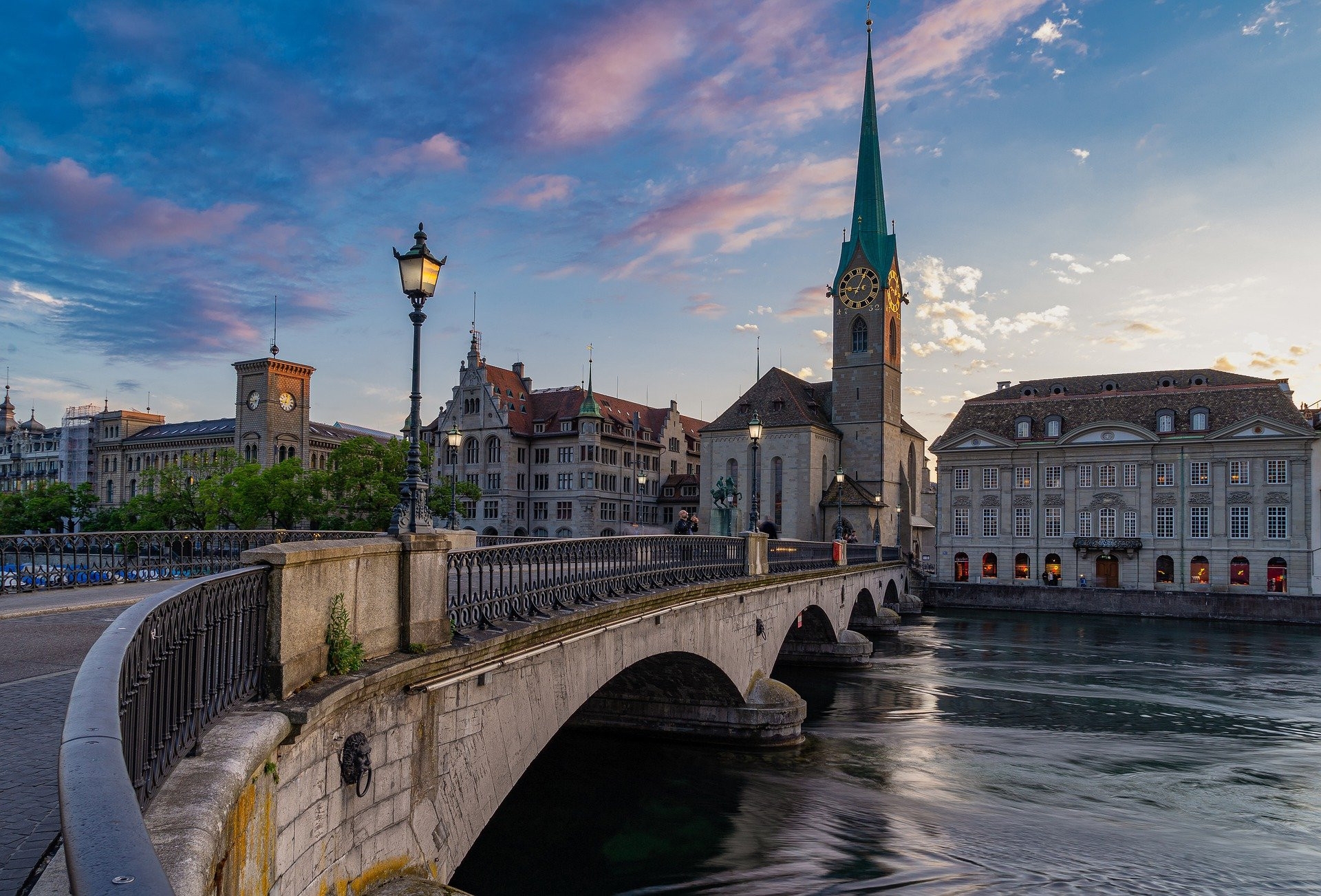 |
| Photo: worldwidewendy |
Switzerland is the world’s oldest permanently neutral state. Back in 1815, the country’s status of neutrality was guaranteed at the Congress of Vienna and confirmed at the Treaty of Paris. Although the European nation retains an active foreign policy, it has not been involved in an international conflict since 1815.
The country remained neutral through both world wars, a stance that attracted many organizations originally established in Paris. The International Olympic Committee (IOC), for example, left the French capital for Lausanne during World War One.
Protective of its independence, Switzerland did not participate in the United Nations until 2002 and is not a member of the European Union.
Preferential Policy
To attract international organizations, Switzerland offers numerous preferential policies. UN officials, for example, are exempt from taxation and officials working for several other international organizations enjoy a tax abatement policy.
Peaceful State
Switzerland hasn’t fought in a foreign war since 1815, and Geneva has often been nicknamed the capital of peace. Switzerland was one of the top countries in the UN Human Development 2015 rankings, while Geneva and Zurich have been rated two of the most livable cities in the world for years.
FIFA Plan to Leave Switzerland
Senior executives at FIFA, world soccer’s governing body, are giving serious consideration to leaving Switzerland, the organization’s home. The discussions with potential host countries and cities could be similar to those held by international corporations like Amazon, and just as in those competitions, a final decision most likely would depend both on practical concerns but also on what concessions FIFA can win.
Among the possibilities under consideration is a return to Paris, according to one of the people familiar with FIFA’s thinking. But other locations are also under consideration with a number of factors expected to factor in any outcome, including proximity to a major international airport; what tax and visa status FIFA would be granted; and how local employment laws would affect FIFA employees and visitors. In recent years, FIFA officials have complained that Swiss law has made it difficult to recruit from overseas.
Other organizations with HQs in Switzerland
Geneva, the second-largest Swiss city, is home to around 22 major organizations. The World Economic Forum (WEF) is based in Geneva even though its high-profile annual gathering is held in the alpine town of Davos.
The headquarters of a large number of financial institutions and banking giants are also based in the city.
There were a total of 240 banks with their primary offices in Switzerland as of 2015, with 212,000 people working in the financial sector. The country’s private banking industry, famed for its discretion, is widely seen as the safest in the world.
Lausanne, the fourth largest Swiss city, has such a focus on an international sport that it was recognized as “the Olympic Capital” in 1994.
Fun Facts about Fifa32 teams take part in the World Cup. The host automatically gets entry to the World Cup. 31 other teams have to battle it out in qualifying matches three years before the event. There are eight groups of four teams each in the World Cup. Each group’s top two teams go through to the second round. Teams reduce in this manner in successive rounds until the final. The Golden Ball is awarded to the most valuable player in the final. The top scorer in the final gets the Golden Boot. The next World Cup will happen in 2018, in Russia and the one after that in Qatar.
Who are the only two persons to have played both World Cup football and World Cup cricket? Sir Viv Richards and Elysse Perry. Sir Viv Richards played for Antigua in the 1974 World Cup qualifying matches. |
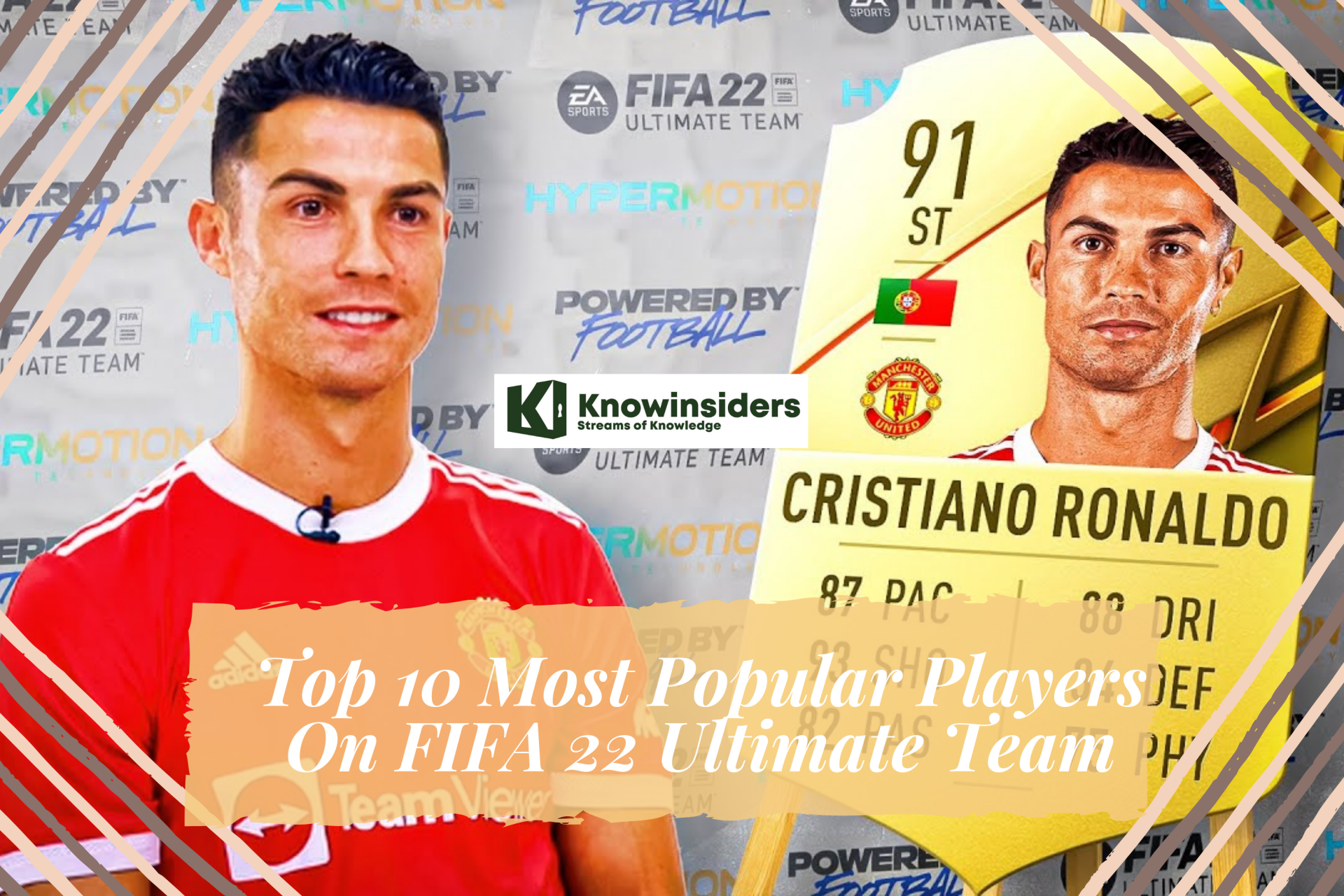 Top 10 Most Popular Players On FIFA 22 Ultimate Team Top 10 Most Popular Players On FIFA 22 Ultimate Team Players across the community are currently playing Division Rivals, Squad Battles, and FIFA 22 Ultimate Team Champions in a bid to gain the necessary awards ... |
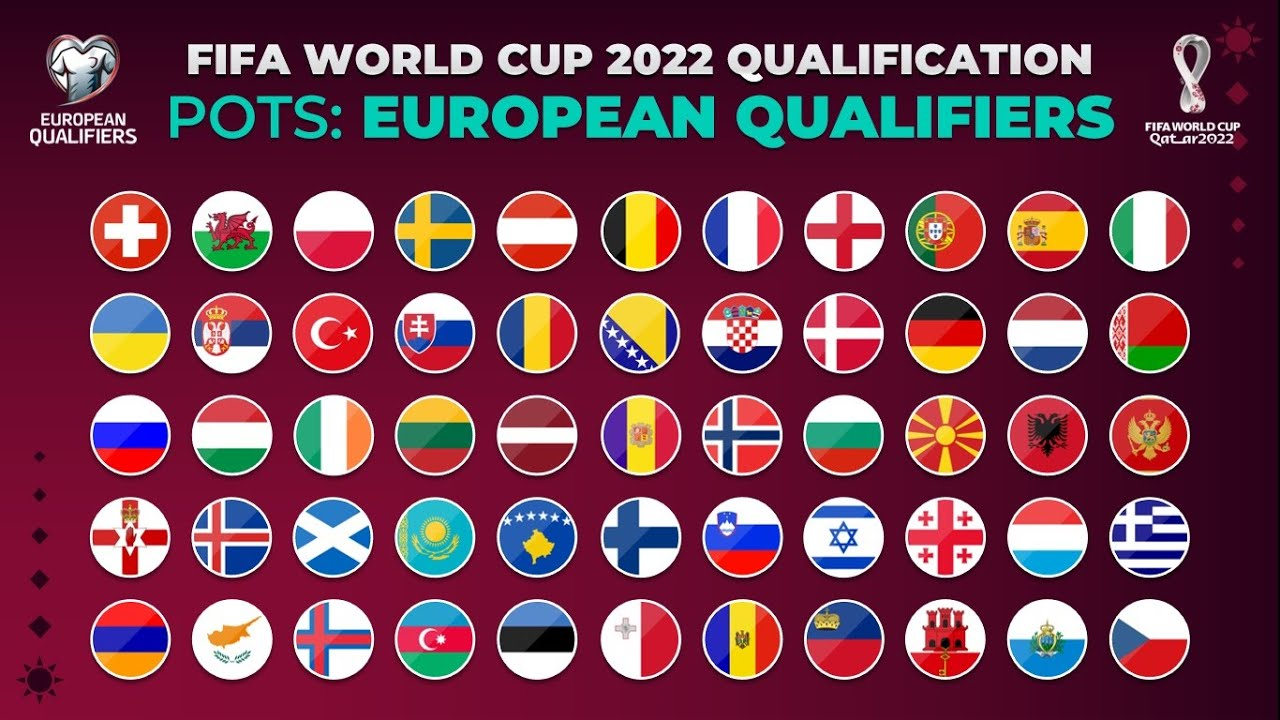 How to Watch European Qualifiers for The World Cup: TV Broadcast Partners, Live Stream How to Watch European Qualifiers for The World Cup: TV Broadcast Partners, Live Stream Check out How to Watch European Qualifiers for The World Cup: TV Broadcast Partners, Live Stream in the article below. |
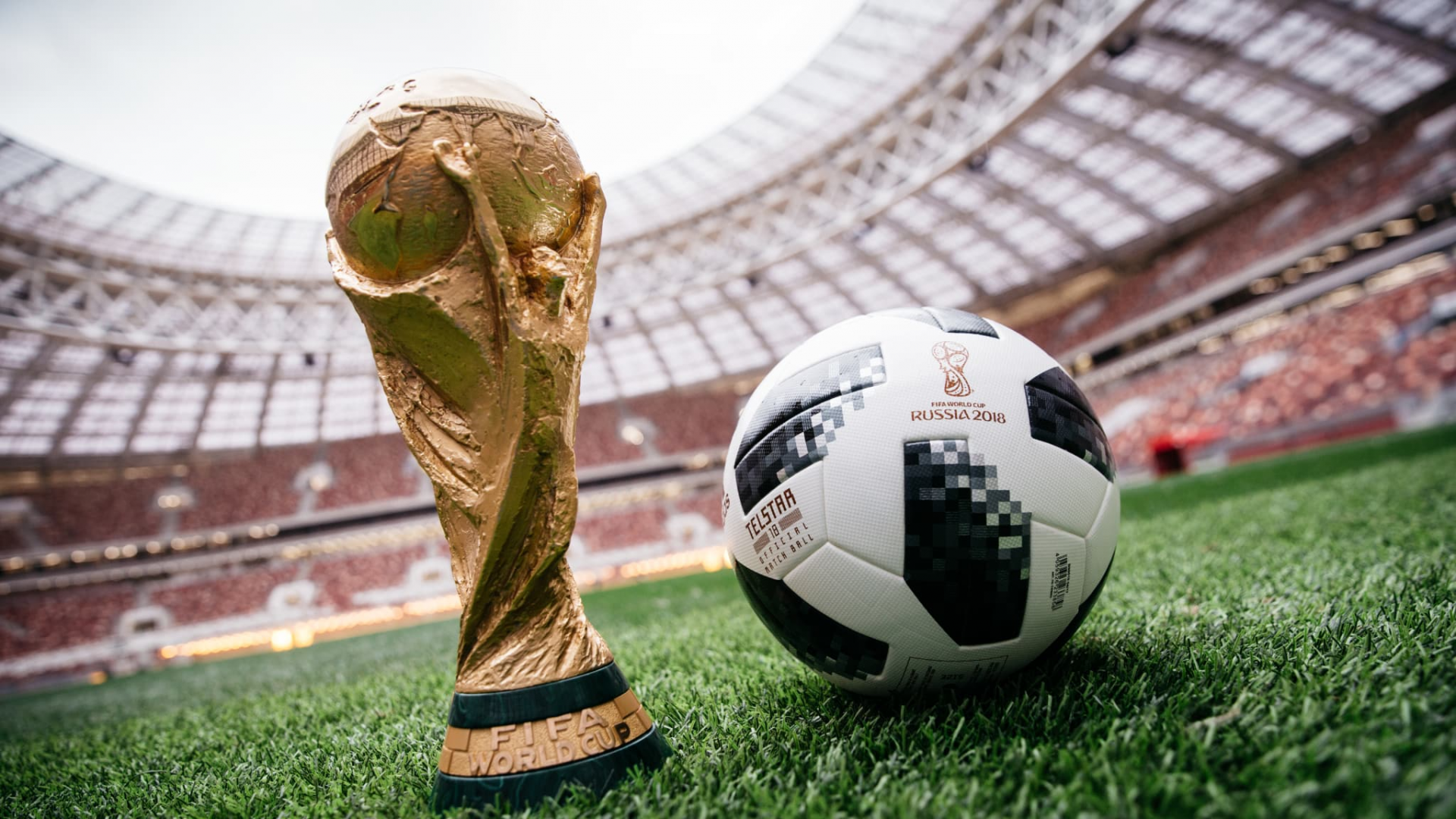 World Cup Qualifiers: Latest Update Table and Standings World Cup Qualifiers: Latest Update Table and Standings The FIFA World Cup is the most prestigious soccer competition in the world. Played every four years, the World Cup hosts the top 32 national ... |


